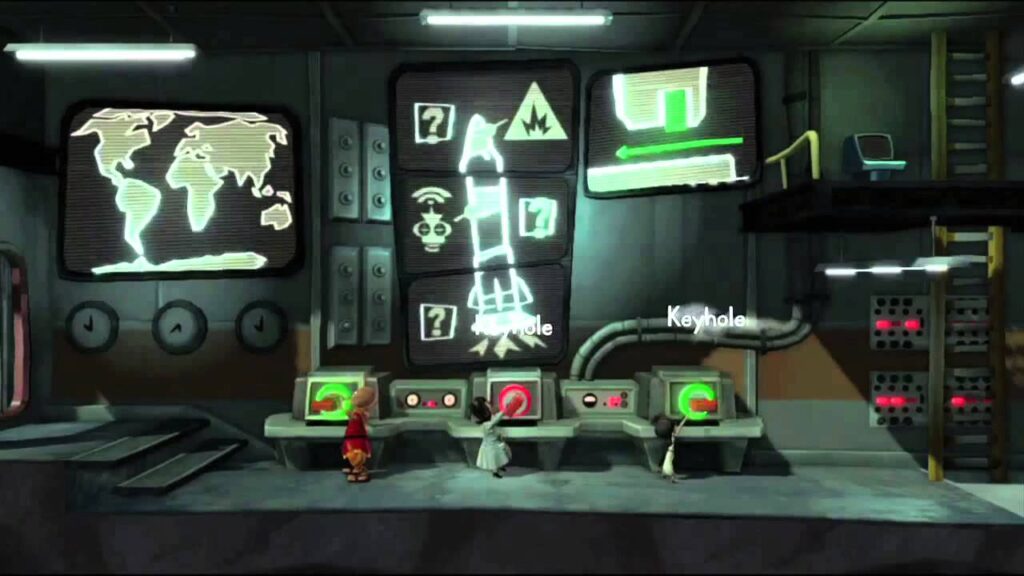Musi: From Sound to Sensation
Summary
In this Q&A, we delve into the world of music with a focus on the process of creating an exceptional piece. The expert, a musician, discusses how sound is an essential part of human development and explores the unpredictable nature of creating songs. We also learn about the songwriting process, how lyrics are the last part of the process, and how a musician’s uncertain state can lead to exceptional work.
Table of Contents
- The Significance of Sound
- The Collage-Based Nature of Music
- The Process of Songwriting
- The Recording Process
- Feeling like a Rockstar?
Introduction
Music is an art form that can transport us to different worlds and evoke various emotions. It is an experience that has long been a part of human existence. In this Q&A, we aim to gain deeper insight into the world of music through an expert or musician’s lens. We explore how artists create their work and what inspires them. So let’s jump in and explore the art of music.
Q&A
The Significance of Sound
Q: Why is sound so significant to us as humans?
A: Sound is fundamental to our development as human beings. It is one of the first senses that we use and plays a critical role in our early childhood. We even develop our language skills and start recognizing our environment through sound. Therefore, sound is an essential part of human life, and music takes advantage of this significant aspect.
The Collage-Based Nature of Music
Q: Your music has been described as collage-based. Can you explain what that means?
A: When I create music, I express it like different pieces that come together to form one whole. It’s like the exquisite corpse concept, where one person starts with an idea, and the next person builds on that idea without knowing what the first person had in mind. This is how my music comes together, and I like the unpredictable nature of it.
The Process of Songwriting
Q: What is your songwriting process like, and how do you come up with lyrics?
A: My songwriting process is closely related to the recording process, and I don’t come up with lyrics until after all the music is done. At that point, I sit in front of the microphone and spend hours going through each word. Eventually, the feeling comes out where it feels natural and like a solid performance.
Q: Can you give us an example of the lyrics you’ve created?
A: Sure. “When you lie to me, lie to me.” I have hundreds of these phrases that I keep in mind and jot down whenever I can.
Q: Do you think you require inspiration to create a song, or can you create music regardless of how you feel?
A: I think the feeling that I have when I start playing the instrument inspires me to create something. I don’t necessarily plan an idea in advance; I just start playing and see how it goes.
The Recording Process
Q: How do you go about recording your music, and does it affect the final outcome?
A: I hand in hand with the recording process, and I don’t realize the visions I have in my head. They don’t often come out as expected, and sometimes I can even erase them as soon as I lay them down. The recording process and songwriting process have no separation, and in a sense, the recording process is where the vision comes to life.
Feeling like a Rockstar?
Q: Do you ever feel like a rockstar when you perform on stage?
A: It’s rare for me to feel like a rockstar; I often feel like a person reliving their naked at school nightmare. Despite this, I thrive off the security and uncertainty that comes with it, which allows me to feel comfortable with all aspects of my art.
Conclusion
In conclusion, we have learned that music is an essential aspect of human development and how sound plays a role in childhood development. We have gained insight into the way the musician creates their art, the unpredictable nature of it, and how lyrics are the last piece of the puzzle. We also see how the recording and songwriting process work together to bring a musician’s vision to life. Finally, we learned how production affects the final outcome of the music and how a rockstar-like attitude isn’t always necessary to create beautiful, heartfelt music.







